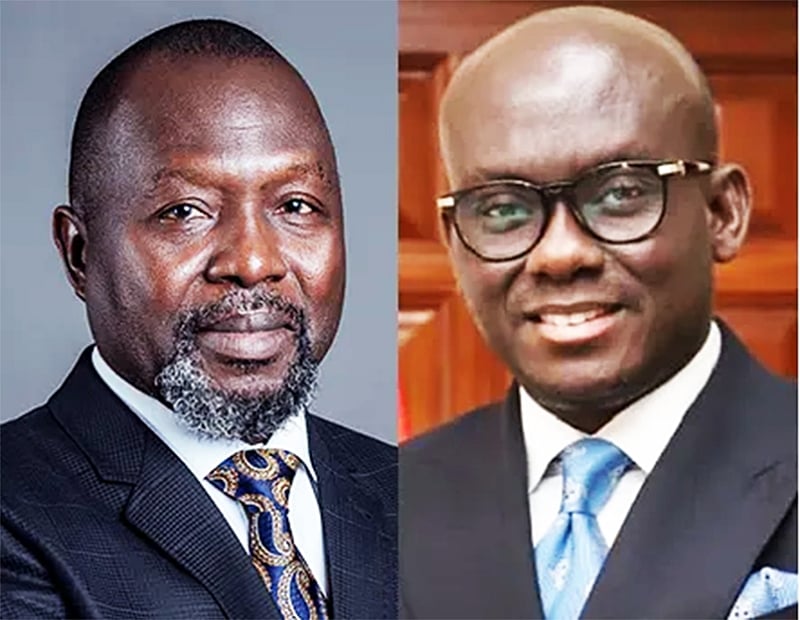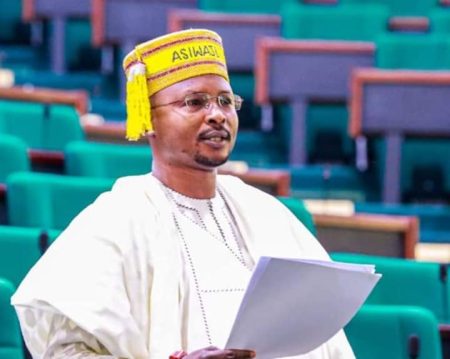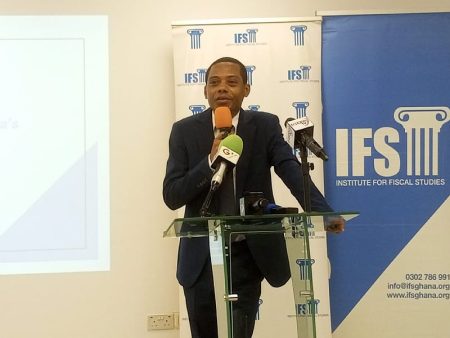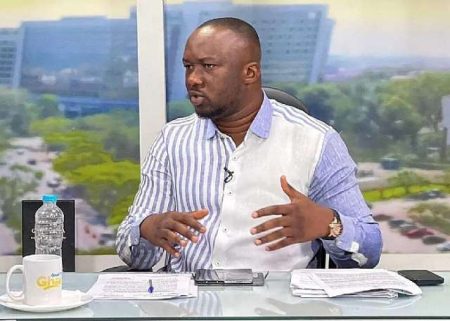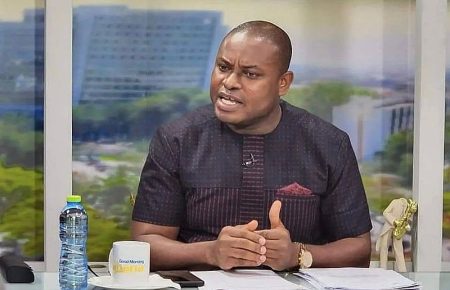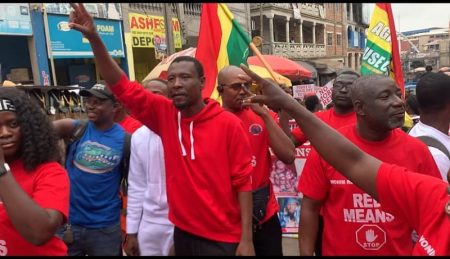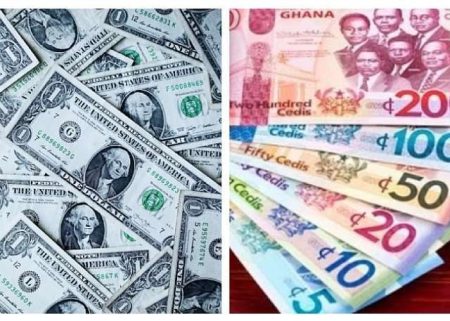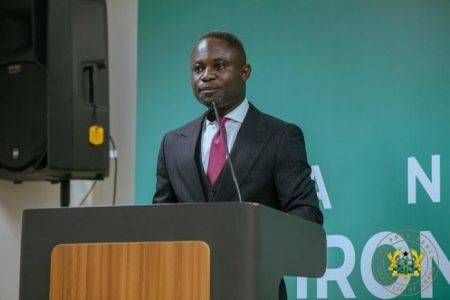Paragraph 1: The Clash of Legal Titans
The Ghanaian legal landscape has become a battleground between the current and former Attorney Generals, Dr. Dominic Ayine and Godfred Yeboah Dame, respectively. The central point of contention revolves around the handling of high-profile financial crime cases, particularly the case against Unibank founder Dr. Kwabena Duffuor and others. Dame has launched a scathing attack on Ayine’s decision to discontinue the prosecution, accusing him of misleading the public and failing to recover any new state assets, while Ayine defends his actions by claiming progress in asset recovery and citing unresolved legal obstacles. This exchange has highlighted the contrasting approaches of the two legal figures, with Ayine prioritizing asset recovery over lengthy prosecutions, while Dame insists that dropping charges without tangible gains is a dereliction of duty.
Paragraph 2: Dame’s Accusations of Disingenuousness and Falsehoods
Dame’s critique of Ayine’s handling of the Unibank case goes beyond a mere disagreement on legal strategy; it includes accusations of dishonesty and fabrication. He argues that Ayine’s claim of asset recovery is “disingenuous and unsupported by fact,” asserting that all assets connected to the Duffuor family and their companies had already been identified by the Bank of Ghana’s appointed receivers before Ayine assumed office. Dame challenges his successor to produce evidence of any newly recovered assets, emphasizing that Ayine “has not recovered a single cedi” in the matter. Furthermore, Dame contests the legality of Ayine’s approach, arguing that using pre-identified assets to offset debts lacks statutory basis and exists solely due to Ayine’s exercise of nolle prosequi powers. Dame also questions Ayine’s claims regarding timelines in the Ato Forson case, providing documented evidence to counter Ayine’s assertions.
Paragraph 3: Questioning the “Resetting” of Prosecutions
Dame’s concerns extend to the broader implications of Ayine’s actions, which he characterizes as a “resetting” of prosecutions that undermines the pursuit of justice and accountability. He argues that Ayine’s approach sets a dangerous precedent, suggesting that it justifies the release of individuals already convicted and imprisoned for financial crimes, specifically citing the case of William Ato Essien, the former CEO of Capital Bank. By discontinuing prosecutions and focusing solely on asset recovery, Dame contends that Ayine is effectively allowing individuals responsible for significant financial losses to escape accountability. He calls into question the terms of Ayine’s supposed agreements with the accused, demanding transparency in the valuation of assets, the terms of repayment, and the consequences of default.
Paragraph 4: The Beige Bank Case and Allegations of a Deal
The Beige Bank case adds another layer of complexity to the conflict between Dame and Ayine. Dame questions Ayine’s claim of a GHC10 million offer from the defense counsel in the Beige Bank case, challenging him to produce evidence of such a proposal and his official response. He points out that the state lost the Beige Bank case under Ayine’s watch and criticizes Ayine’s apparent lack of interest in appealing the decision. Dame interprets these actions as further evidence of Ayine’s disinclination to prosecute financial crimes rigorously, especially those involving influential figures.
Paragraph 5: Delay Tactics and the Abandonment of Accountability
According to Dame, Ayine’s justifications for discontinuing prosecutions, particularly the argument of undue delay, are disingenuous. He claims that the delays in high-profile financial crime cases were often due to tactics employed by defense counsel, including Ayine himself, during his time in private practice. He points out the irony of Ayine citing delays as a reason to discontinue cases when those delays were often a result of the defense’s legal maneuvers. Dame argues that Ayine’s abandonment of these cases has effectively cost the Republic over seven billion Ghana cedis, and he calls for an inquiry into the matter. Furthermore, he criticizes Ayine for abandoning legislation designed to expedite criminal trials, a bill Dame himself had spearheaded.
Paragraph 6: A Clash of Styles and Respect for Predecessors
Beyond the specifics of the cases, the conflict also reveals a clash of styles and a perceived lack of respect. Dame criticizes Ayine’s condescending tone towards his predecessors, particularly former Attorney General Gloria Akuffo. He argues that Ayine’s public pronouncements, which often contrast his actions with those of his predecessors, are unprofessional and disrespectful. This clash underscores a deeper tension within the Ghanaian legal establishment, raising questions about the proper balance between pursuing criminal convictions and prioritizing asset recovery in complex financial crime cases. The public spat between these two prominent legal figures highlights the need for greater transparency and accountability in the handling of high-profile financial crimes, as the debate over justice and asset recovery continues to unfold.





